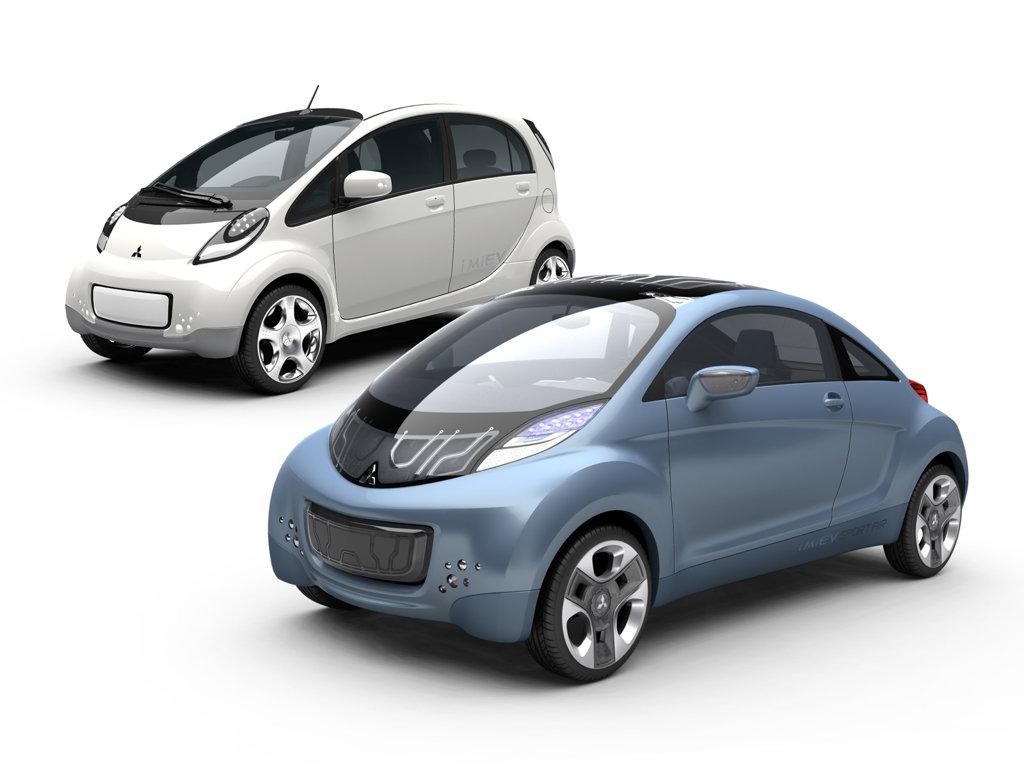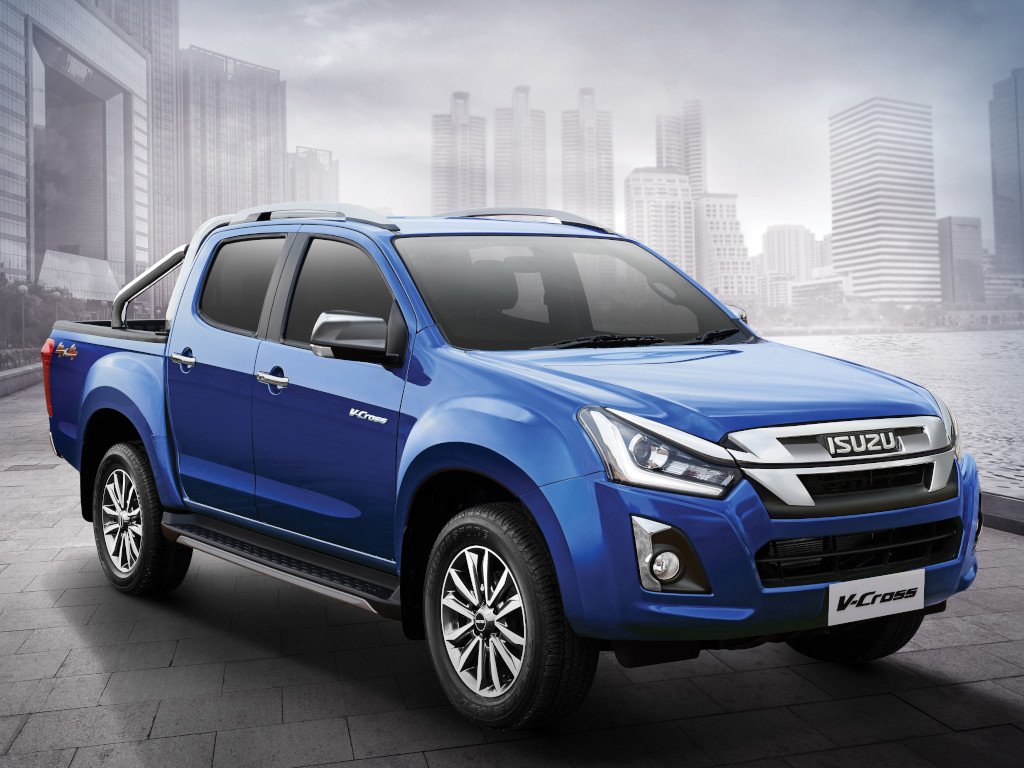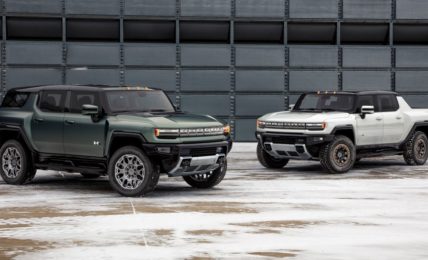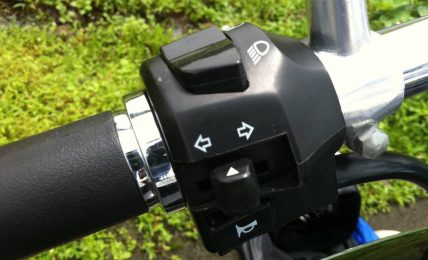Japanese automakers may be turning to electric vehicles in the quest for zero emission but it is unlikely that such cars will hit the roads in the next ten years. Battery-powered electric vehicles are considered an eco-friendly option by Japanese motorists because they do not emit greenhouse gases while driving, but are unlikely to go mainstream until late 2020.
Reports also claim that the cars cannot be driven as long as gasoline-powered vehicles do, a disadvantage that could limit the use of electric vehicles to short trips. While Mitsubishi Motors Corp and Fuji Heavy Industries Ltd will start delivering their electric cars – i-MiEV and Plug-in Stella respectively next month, Nissan Motor Co plans to launch its own model next year.
The i-MiEV can travel 160 kilometers on a single charge, only a third of what a gasoline vehicle can run per pump. In addition, lack of battery-charging stations makes it inconvenient to use electric vehicles. Mitsubishi president Osamu Masuko said his company will cooperate with supermarkets and convenience stores to increase the number of battery chargers.





